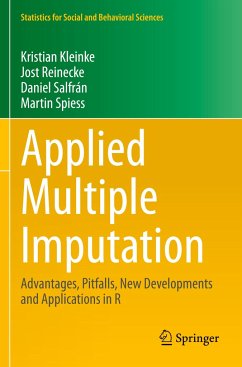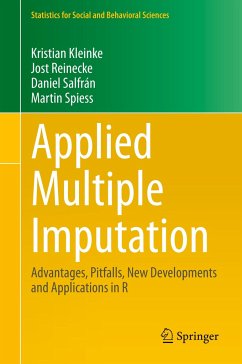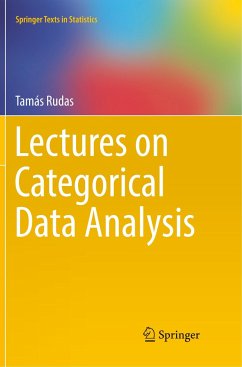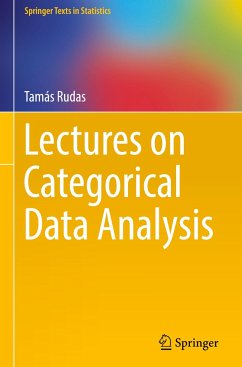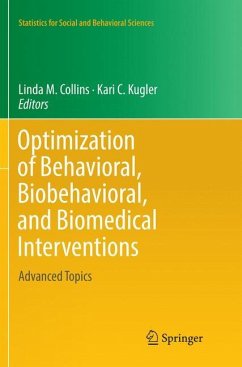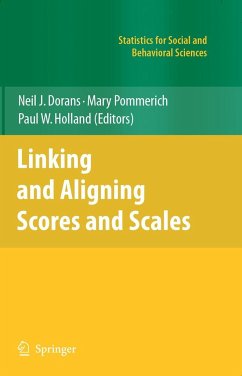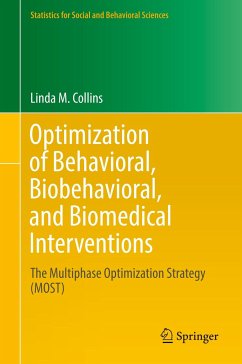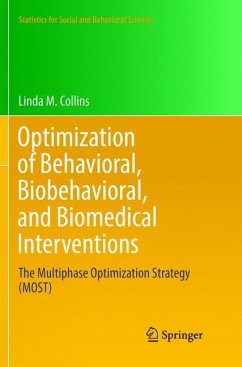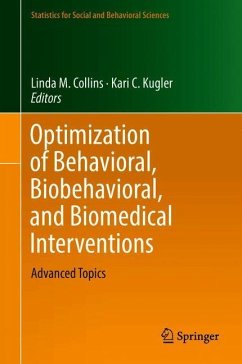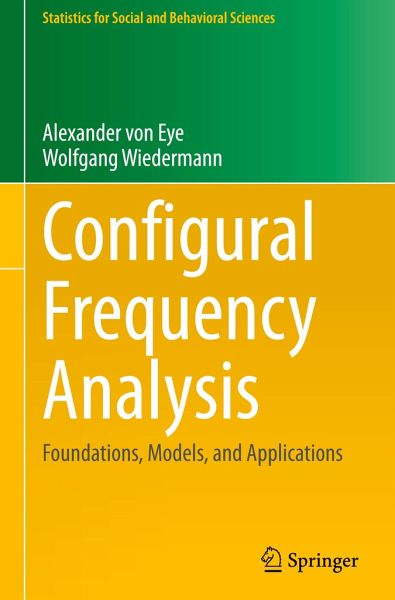
Configural Frequency Analysis
Foundations, Models, and Applications
Versandkostenfrei!
Versandfertig in 6-10 Tagen
139,09 €
inkl. MwSt.
Weitere Ausgaben:

PAYBACK Punkte
0 °P sammeln!
This unique book provides a comprehensive and detailed coverage of configural frequency analysis (CFA), the most useful method of analysis of categorical data in person-oriented research. It presents the foundations, methods, and models of CFA and features numerous empirical data examples from a range of disciplines that can be reproduced by the readers. It also addresses computer applications, including relevant R packages and modules.Configural frequency analysis is a statistical method that allows the processing of important and interesting questions in categorical data. The perspective of ...
This unique book provides a comprehensive and detailed coverage of configural frequency analysis (CFA), the most useful method of analysis of categorical data in person-oriented research. It presents the foundations, methods, and models of CFA and features numerous empirical data examples from a range of disciplines that can be reproduced by the readers. It also addresses computer applications, including relevant R packages and modules.
Configural frequency analysis is a statistical method that allows the processing of important and interesting questions in categorical data. The perspective of CFA differs from the usual perspective of relations among variables; its focus is on patterns of variable categories that stand out with respect to specific hypotheses, and as such, CFA allows for testing numerous substantive hypotheses.
The book describes the origins of CFA and their relation to chi-square analysis as well as the developments that are based on log-linear modeling.The models covered range from simple models of variable independence to complex models that are needed when causal hypotheses are tested. Empirical data examples are provided for each model. New models are introduced for person-oriented mediation analysis and locally optimized time series analysis, and new results concerning the characteristics of CFA methods are bolstered using Monte Carlo simulations.
Primarily intended for researchers and students in the social and behavioral sciences, the book will also appeal to anyone who deals with categorical data from a person-centered perspective.
Configural frequency analysis is a statistical method that allows the processing of important and interesting questions in categorical data. The perspective of CFA differs from the usual perspective of relations among variables; its focus is on patterns of variable categories that stand out with respect to specific hypotheses, and as such, CFA allows for testing numerous substantive hypotheses.
The book describes the origins of CFA and their relation to chi-square analysis as well as the developments that are based on log-linear modeling.The models covered range from simple models of variable independence to complex models that are needed when causal hypotheses are tested. Empirical data examples are provided for each model. New models are introduced for person-oriented mediation analysis and locally optimized time series analysis, and new results concerning the characteristics of CFA methods are bolstered using Monte Carlo simulations.
Primarily intended for researchers and students in the social and behavioral sciences, the book will also appeal to anyone who deals with categorical data from a person-centered perspective.




